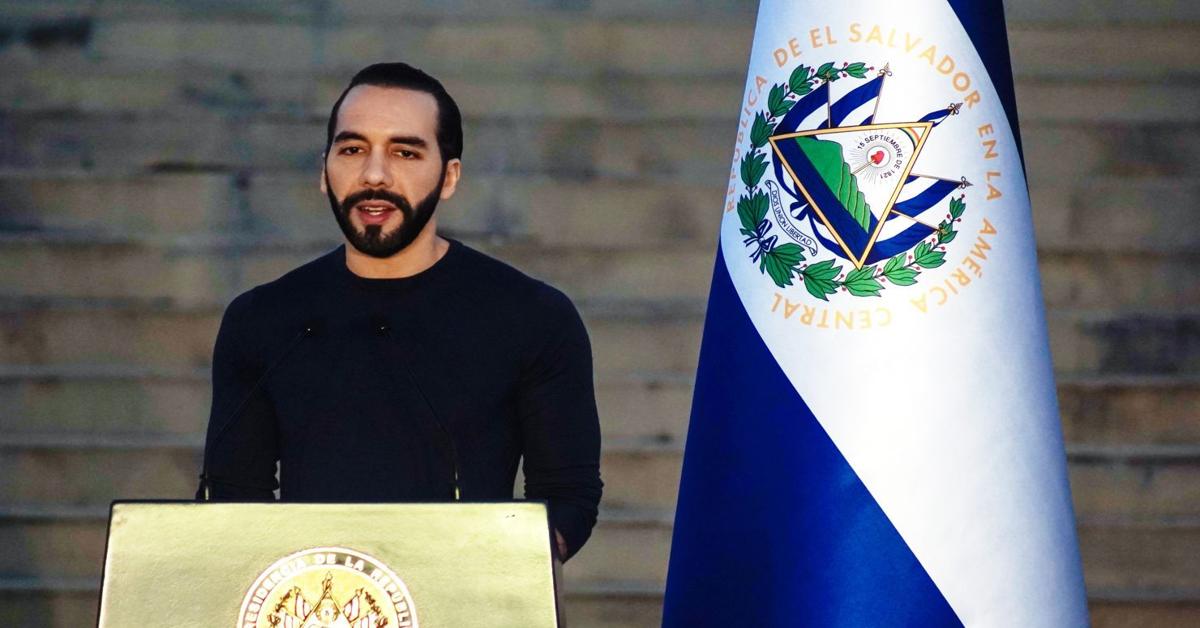
Bukele says El Salvador would be the first nation to have a one-party system in a democracy
Celebratory displays lit up the sky in El Salvador's capital on Sunday as President Nayib Bukele declared a resounding victory in the first round of elections, touting his administration's aggressive stance against gangs, which has significantly reduced the country's homicide rates.
At 42 years old, Bukele asserted that he had secured over 85% of the presidential vote and his party, Nuevas Ideas, claimed 58 out of 60 parliamentary seats.
Addressing an enthusiastic crowd from the balcony of the National Palace before the official results were announced, Bukele proclaimed his win marked "the largest margin between first and second place in the history of democratic presidential elections anywhere."
He also declared that El Salvador would be the first nation to have "a one-party system in a democracy."
As Bukele spoke, preliminary results from the Supreme Electoral Tribunal revealed that nearly 83% of the votes were in his favor, placing him far ahead of his five competitors.
Bukele, widely regarded as Latin America's most popular leader, garnered support for his aggressive measures, including the apprehension of over 75,000 suspected gang members under a state of emergency implemented nearly two years ago.
The country's notorious gangs had been responsible for approximately 120,000 civilian deaths over three decades, with criminal organizations reportedly controlling 80% of the nation when Bukele assumed office in 2019.
Under his leadership, El Salvador witnessed a drastic decline in its murder rate last year, reaching its lowest level in 30 years, well below the global average.
Following his participation in the voting process, Bukele dismissed criticisms of his human rights record, asserting that he had eradicated the "cancer" of gangs from the Central American country.
He defended the high incarceration rate, attributing it to the transformation of the once murder capital of the world into the safest country in the Western Hemisphere. However, activists have raised concerns about the indiscriminate detention of innocent individuals, including minors, and the alleged mistreatment and torture of detainees.
Despite international concerns, many Salvadorans have expressed relief at the improved security situation, highlighting the stark contrast from the previous era of gang dominance.
Bukele's presidency has been marked by controversy, including a Supreme Court decision that enabled him to bypass constitutional restrictions on consecutive terms and the replacement of top judges and the attorney general by a legislature aligned with him.
Challenges lie ahead for Bukele's second term, particularly in addressing the country's struggling economy, characterized by high public debt and the president's unsuccessful investment of taxpayer funds in Bitcoin. Nearly 30% of Salvadorans lived in poverty in 2022, according to the U.N.'s Economic Commission for Latin America and the Caribbean.
While Bukele's victory has been met with congratulations from China, Guatemala, and Panama, concerns persist about the treatment of critics and independent media and the transparency of public finances in El Salvador.
Source: AFP